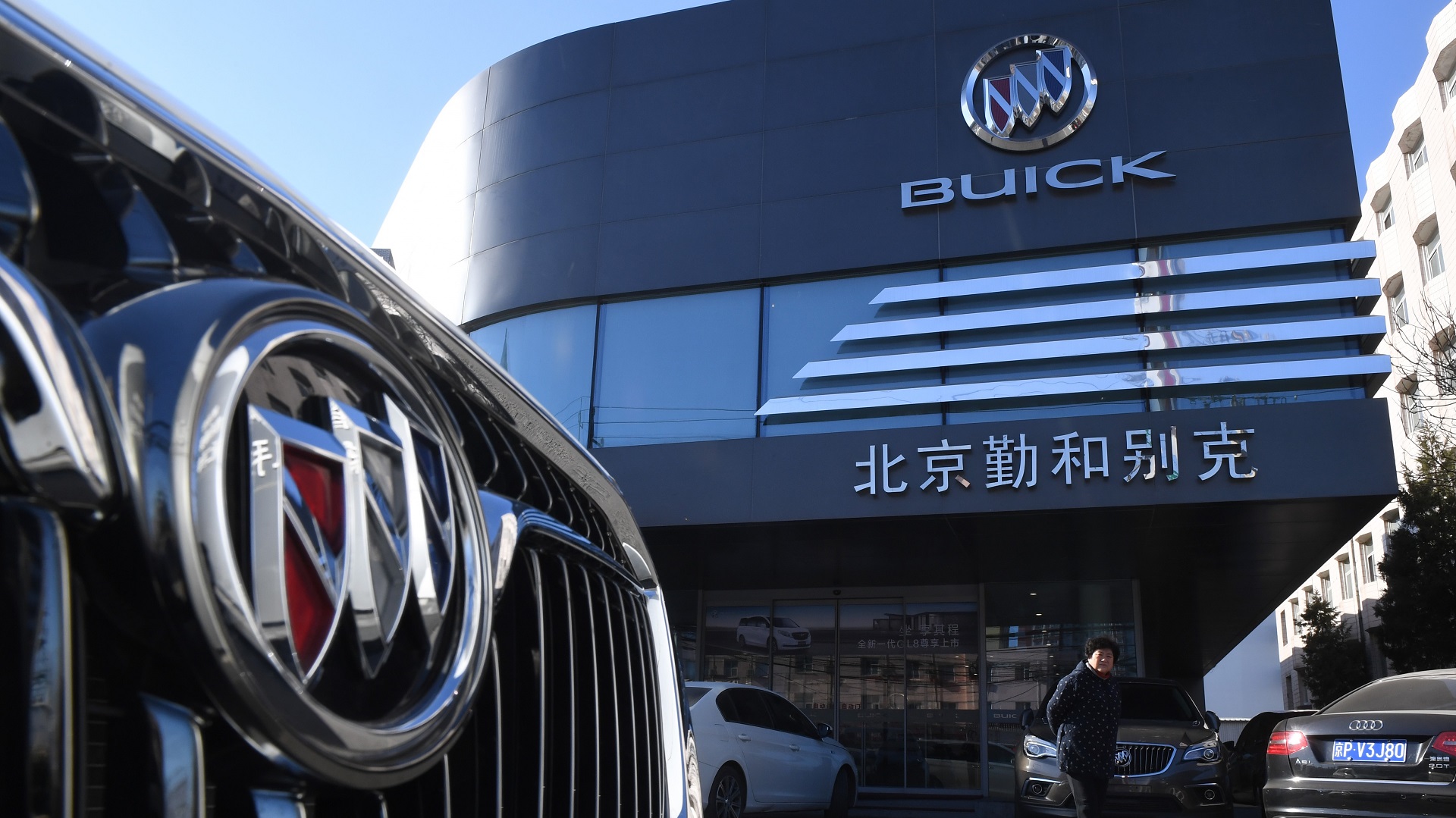

In some overseas markets, U.S. manufactured cars don’t sell that well. One country in particular, China, is notorious for being difficult to establish a footing in due to its high tariffs for foreign vehicles.
Let’s say you’re a foreign automotive manufacturer looking to sell a car in the Chinese market. You now have to choose between two methods of manufacturing and selling. First, you could build your car in China, but that requires a 50-50 joint venture with one of China’s domestic automakers. But if you’re like Tesla and are possibly wary of limiting your ownership stake to 50 percent, this may be an option that is more detrimental than helpful. Your other option is to import the vehicle into China, but that’s not necessarily cheap either.
In fact, importing a vehicle into China is taxed at a staggering 25 percent. U.S. President Donald Trump took to Twitter on Monday to slam the tariff, calling it “stupid trade” when comparing it to the United State’s duty tax of only 2.5 percent. Not long after this came to light, Chinese President Xi Jinping showed that his country may be in agreement with loosening the barrier to import vehicles into China. In a speech Mr. Xi gave Tuesday morning, he confirmed that China plans to broaden access to the Chinese market for foreign investors, potentially lowering the tariffs on American automobiles entering China.
Jinping’s words come amidst tensions between the two nations over a week-long dispute on trade, ultimately showing some relief by not threatening to raise import taxes. This may be the first sign of potential negotiations on overall trade, but could also point to a very new market of U.S. automakers to import vehicles into China. Tesla CEO Elon Musk quickly took to Twitter to bask in the good news, potentially opening a door for Tesla to import its vehicles at a more affordable cost.
Given that China leads the world in electric car adoption, this movement may also help to accelerate EV production from U.S. manufacturers, some of whom have been struggling to emerge profitable in the infant market over the past several years.
Though no concrete numbers have been put in place regarding the proposed tariff reduction, manufacturers appear to be hopeful that their barrier to Chinese market entry will be greatly reduced. No word on whether this is to be reciprocated by the United States and its threats of high tariffs on foreign steel and aluminum aimed at foreign automakers who manufacture in the United States.